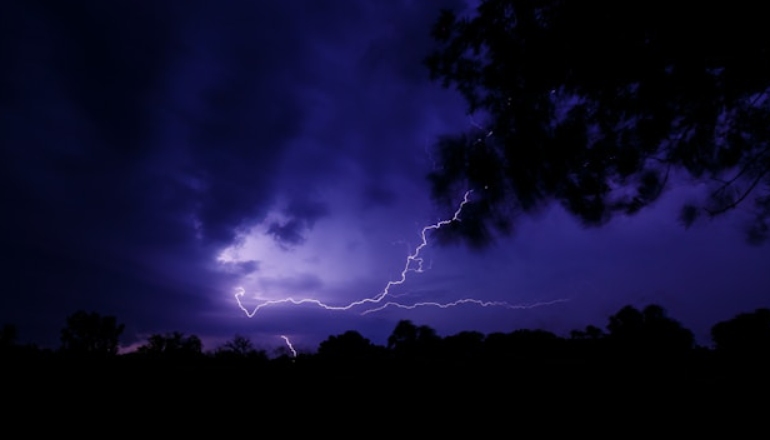We at WriteCanvas are thrilled to celebrate a milestone – our 50th newsletter!
But even as we celebrate, the news about climate crisis casts a dense shadow.
June marked one of the hottest months ever recorded, adding to a concerning year of rising temperatures worldwide. Globally, the last 11 months consistently recorded above-normal or warmer temperatures.
The goal of limiting temperature rise to 1.5 degrees Celsius to the pre-industrial levels seems to be slipping further away, with temperatures consistently exceeding that benchmark. This isn’t just a number on a graph; it’s a stark sign of the URGENCY.
A Reality Check:
The first ten days of July alone have delivered a brutal wake-up call.
The delayed monsoon progression in June raised alarm bells across the agricultural sector, the economy, and the government.
Ten days in July, we are seeing intense rains. Mumbai in the past few days reported severe flooding. While the financial capital has been ravaged by floods, elsewhere in the country, chaos continues with landslides, earthquakes, overflowing rivers, and erosion eating away coastlines. The list is long and unforgiving.
The impact isn’t limited to the regions we traditionally associate with climate vulnerability – Maharashtra, Kerala, Goa, or the Northeast. Even Rajasthan, historically considered drier has also joined the flooding region list.
This calls for a mindset shift.
In multiple blogs, we have highlighted the urgent need for preparedness, resilience building, and increasing awareness. These are all crucial steps. But the situation demands a more fundamental shift. The stories and experiences shared by those affected by climate change, particularly women who are often the most vulnerable raise a troubling question: Are we transitioning from charting a course of resilient action or simply surrendering to the circumstances?
Here’s what we can do, both individually and collectively:
Let us concentrate on reducing our carbon footprint, opt for public transport, use energy-efficient appliances, and adopt a more sustainable lifestyle. Support sustainable businesses by choosing companies and products that are environmentally responsible and ethical. Accountability while implementing climate change solutions must be a priority. Talk to your friends, family, and community about the importance of climate action.
Hope and Action:
Despite the challenges, I refuse to believe that I am surrendering to the circumstances.
This is a battle we must fight, and win.
But victory hinges on our collective action.
We can’t afford complacency or skepticism any longer.
Pledge with WriteCanvas: Sustainability as a Way of Life
We at WriteCanvas pledge to make sustainability a cornerstone of our work. We will continue to amplify the voices of those on the frontlines of climate change and advocate for solutions. But change starts at home. We urge each of you to join us in this fight. Make small changes in your daily lives. Join our campaign.
Climate action is no longer an option, it’s a necessity.
Together, let’s write a new chapter for our planet!!!

